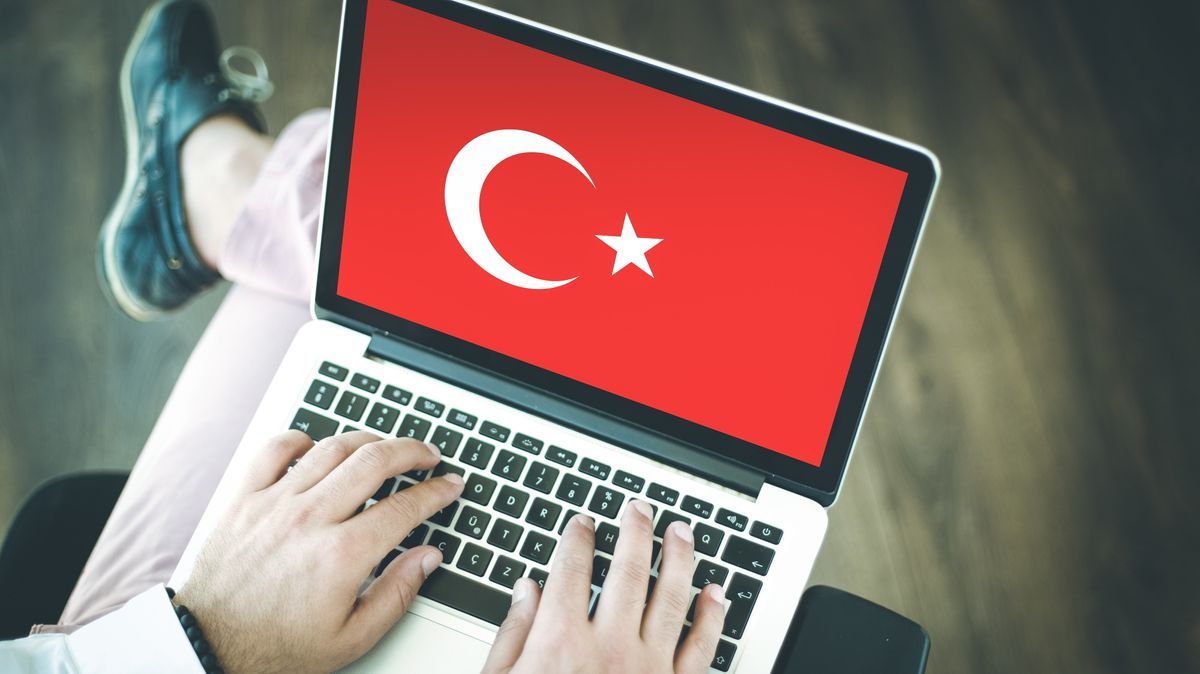As we recently reported, Turkey appears to be limiting access to some of the best VPN apps. The move reportedly comes at a time when these services are becoming important for both citizens and visitors trying to use Instagram, which has been blocked since last Friday, August 2, 2024.
While it is true that Turkish authorities have been cracking down on some VPN providers, Ali Safa Korkut, a Turkish journalist and project coordinator at Free Web Turkey, believes that Turkey's blocking of these VPNs is not exactly part of a new wave of internet disruptions.
“Currently, since most VPN services are banned, people are having a hard time accessing Instagram,” Korkut told me. “But this is nothing new.”
Turkish VPN service lists: pic.twitter.com/OQHpGoHa5tAugust 4, 2024
Korkut explains that 16 of the affected providers (see tweet above) were blocked during a wave of VPN bans in December 2023. These include some of TechRadar’s top recommendations, such as ProtonVPN, Surfshark, IPVanish and CyberGhost.
“In addition to these 16 VPN services, 11 other VPN services were also blocked and inaccessible in Turkey at different times in the past,” Korkut added.
Surfshark also confirmed that some of its users have been experiencing service disruptions in Turkey since late last year.
“Following the recent news of Instagram being blocked, we have not seen any increase in attempts to block our service, but we are closely monitoring the situation in case that changes,” Justas Pukys, VPN Product Manager at Surfshark, told me.
Can you still use a VPN in Türkiye?
Since the Instagram ban is still in effect at the time of writing, it's highly likely that you're looking for a way to get around the ban, whether you live in the country or plan to visit soon.
So far, it seems that residents of Turkey have been able to successfully use some of the affected VPN apps. The providers I spoke to (NordVPN, ExpressVPN, ProtonVPN, Surfshark, and Private Internet Access (PIA)) all saw a significant increase in website traffic from the country and subscriptions, with no signs of further restrictions.
Did you know?
Virtual private network (VPN) is a security software that, while encrypting your internet connections, also spoofs the location of your IP address. This feature allows you to grant access to content that would otherwise be geo-restricted. That is exactly something that authorities, in Turkey and other countries with high levels of online censorship, often try to prevent.
If you are visiting the country from abroad, I suggest you download your chosen VPN app before entering the country to avoid any issues.
Either way, subscribing to as many services as possible is advantageous so you can switch apps in case certain VPNs stop working. I recommend checking out our dedicated page on the best free VPNs to get only the safest ones.
Connecting to your VPN app through the Tor browser can also help you bypass restrictions. Connections may be slower (Tor reroutes traffic through three encrypted layers, in fact), but it's worth it if you can't get your VPN to work any other way.
If all of the above doesn't work, Korkut suggests trying to change the DNS. “A lot of people are currently trying to access Instagram using this method,” he said.
Pukys also invites anyone experiencing difficulties using Surfshark apps to contact the provider's 24/7 customer support, “who will try to help reestablish a lost connection.”
We test and evaluate VPN services in the context of legal recreational uses. For example: 1. Accessing a service from another country (subject to the terms and conditions of that service). 2. We protect your online security and strengthen your online privacy when you are abroad. We do not support or tolerate illegal or malicious use of VPN services. Future Publishing does not endorse or approve the consumption of pirated content for which you pay.









